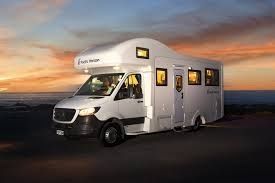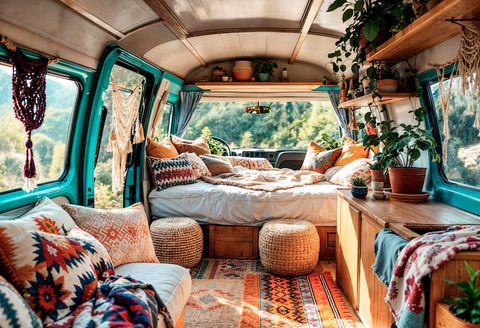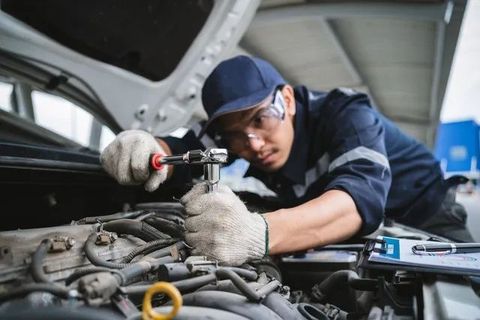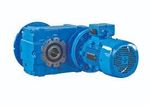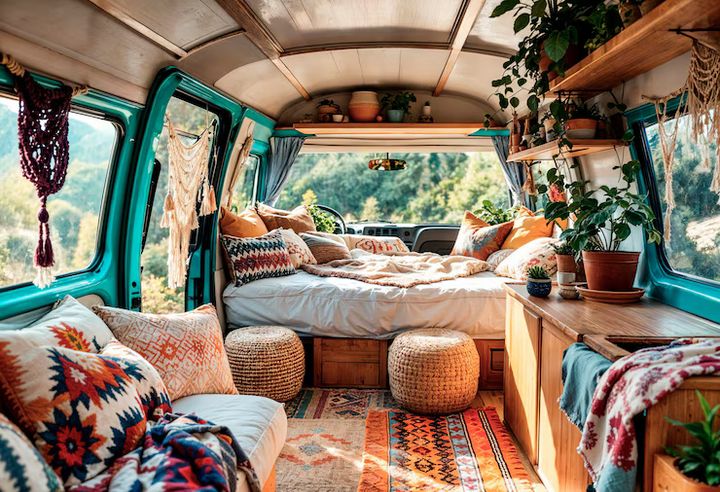
How to Find Campervans and Used Motorhomes: A Practical Buying Guide for 2025
Campervans and motorhomes are self-contained vehicles equipped for travel and living, commonly used for road trips, camping, and extended travel. They vary in size, features, and layout:
-
Campervans are smaller, van-style vehicles with sleeping and cooking areas.
-
Motorhomes are larger and more luxurious, with built-in bathrooms, kitchens, and multiple sleeping zones.
-
Used models are pre-owned vehicles that offer affordability and variety for new buyers.
Whether you’re exploring national parks or planning a cross-country trip, campervans and motorhomes offer mobility and convenience without relying on hotels or rentals.
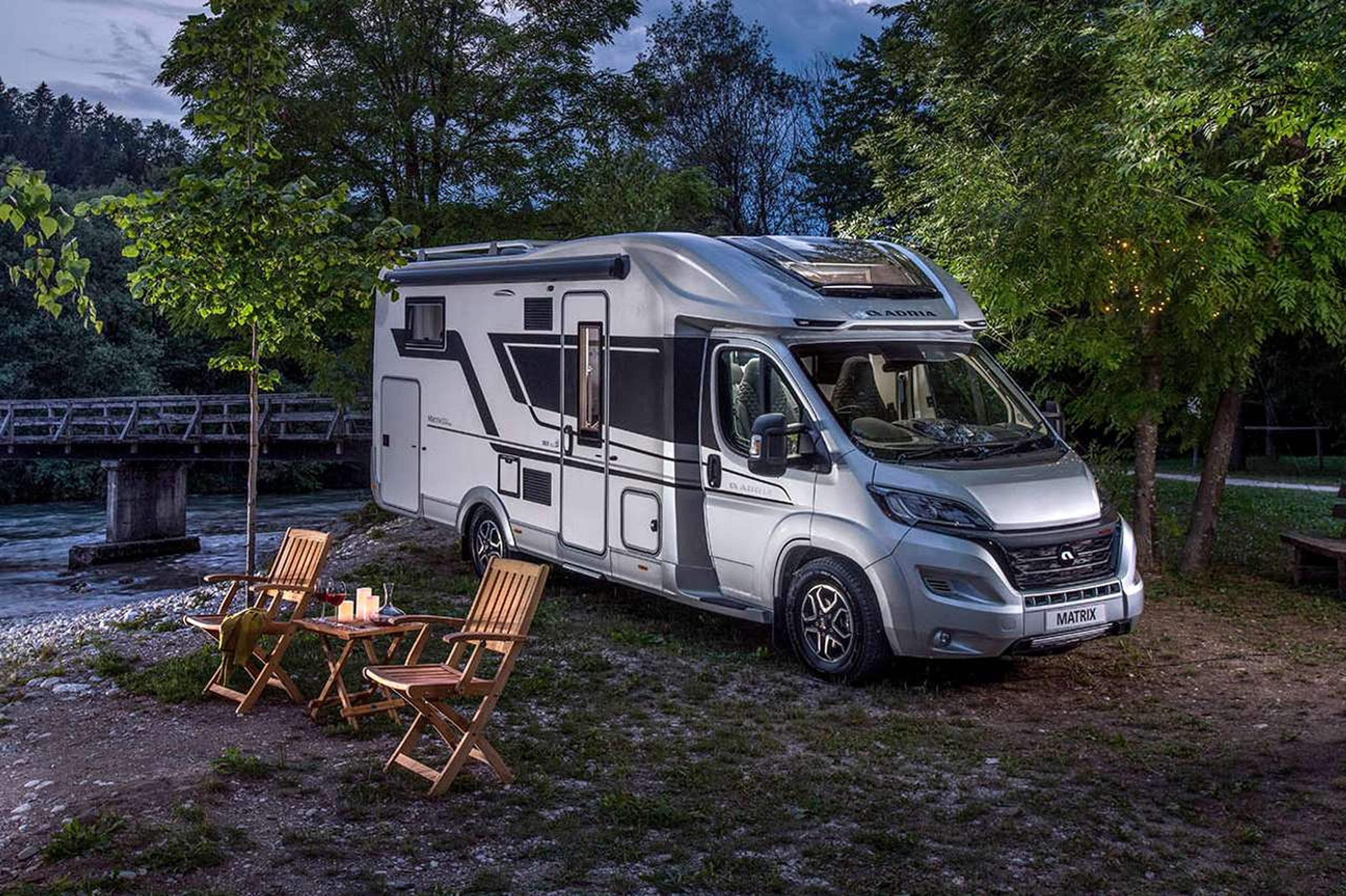
Why Buying a Used Campervan or Motorhome Makes Sense
The demand for motorhomes surged during and after the pandemic as travelers looked for safe, private alternatives to hotels and flights. Used models are often more affordable and immediately available.
Benefits of buying used:
-
Lower upfront cost compared to new models
-
Immediate availability without manufacturing delays
-
Depreciation is already factored in
-
Access to premium models at a lower price
-
Ideal for beginners looking to test the RV lifestyle
Buying secondhand can be a smart choice, provided the vehicle is thoroughly inspected and suits your travel goals.
Trends in Campervan and RV Travel (2024–2025)
The recreational vehicle (RV) market has seen growth due to rising remote work, digital nomadism, and eco-conscious travel preferences.
Recent trends include:
-
Compact conversions: Many are converting vans (like the Ford Transit or Sprinter) into livable spaces.
-
Solar-powered systems: Used vans with solar panels and off-grid setups are in demand.
-
Eco-friendly materials: Sustainable insulation, composting toilets, and water-saving systems.
-
Custom builds: People are opting for DIY or semi-custom motorhomes.
-
Sharing economy: Peer-to-peer platforms like Outdoorsy and Camplify allow RV rental and resale listings.
According to Statista, the U.S. and Europe saw strong RV sales growth, with used models leading post-COVID buying behavior.
Legal and Policy Considerations Before You Buy
Buying a motorhome involves paperwork, inspections, and understanding local regulations depending on your country or state.
Key requirements:
-
Registration and title transfer: Ensure the seller provides valid ownership documents.
-
Roadworthiness inspection: Especially in EU and U.S. states that require emissions or safety checks.
-
Driver's license classification: Larger motorhomes may require a different license class (e.g., C1 in the UK).
-
Insurance: RV insurance is mandatory in most countries and varies by use (full-time, occasional).
-
Zoning and parking laws: Some areas restrict overnight parking or vehicle size on residential streets.
Tools and Platforms to Search for Used Campervans
Here are top websites and tools to help you search, compare, and inspect campervans:
| Platform | Purpose | Website |
|---|---|---|
| RV Trader | Used RV and camper listings (U.S.) | rvtrader.com |
| Outdoorsy | Peer-to-peer rentals and used vans | outdoorsy.com |
| Vanlife Trader | Niche campervan marketplace | vanlifetrader.com |
| Gumtree / Autotrader UK | Used motorhomes (UK-specific) | autotrader.co.uk |
| Facebook Marketplace | Local campervan deals | facebook.com/marketplace |
| Carfax / HPI Check | Vehicle history reports for buyers | carfax.com / hpicheck.com |
Frequently Asked Questions
How much does a used campervan cost?
Prices vary widely based on age, condition, brand, and features. You can find functional used campervans from $10,000 to $50,000 USD, while motorhomes can exceed $100,000 for newer models.
What should I check before buying?
Inspect for:
-
Engine condition and mileage
-
Water damage or mold
-
Electrical system and solar setup
-
Plumbing and water tanks
-
Brake condition and tire age
-
Vehicle history (accidents, repairs, title)
Is it cheaper to build or buy a campervan?
DIY builds can be more affordable (starting around $5,000–$15,000) but require time and skills. Buying used saves time and often comes with already-installed features.
Can I live in a campervan full-time?
Yes. Many do so, but it depends on your lifestyle, job, local zoning laws, and access to facilities like water and waste disposal.
Where can I park or camp with my campervan?
Options include:
-
Campgrounds and RV parks
-
National and state parks (with reservations)
-
Free camping (boondocking) areas
-
Private land (with permission)
-
Urban overnight parking where permitted
Final Thoughts: Making the Right Choice
Buying a used campervan or motorhome is a personal and practical investment. Whether you're planning weekend getaways, extended road trips, or even vanlife, here’s what to keep in mind:
-
Define your needs (space, comfort, off-grid capability)
-
Set a realistic budget (including repairs, fuel, insurance)
-
Use trusted platforms and always meet sellers in person
-
Conduct a pre-purchase inspection or hire a mechanic
-
Understand legal, tax, and insurance implications
With the right research, you can find a used motorhome that offers freedom, adventure, and value for years to come.


